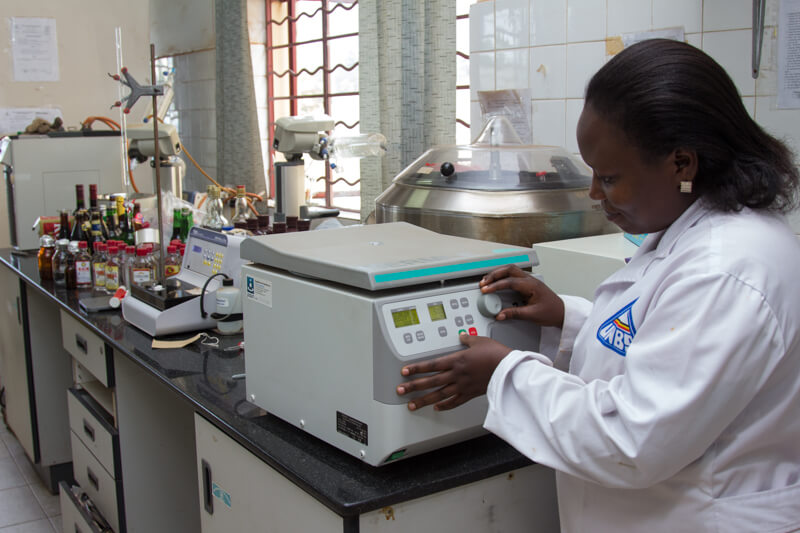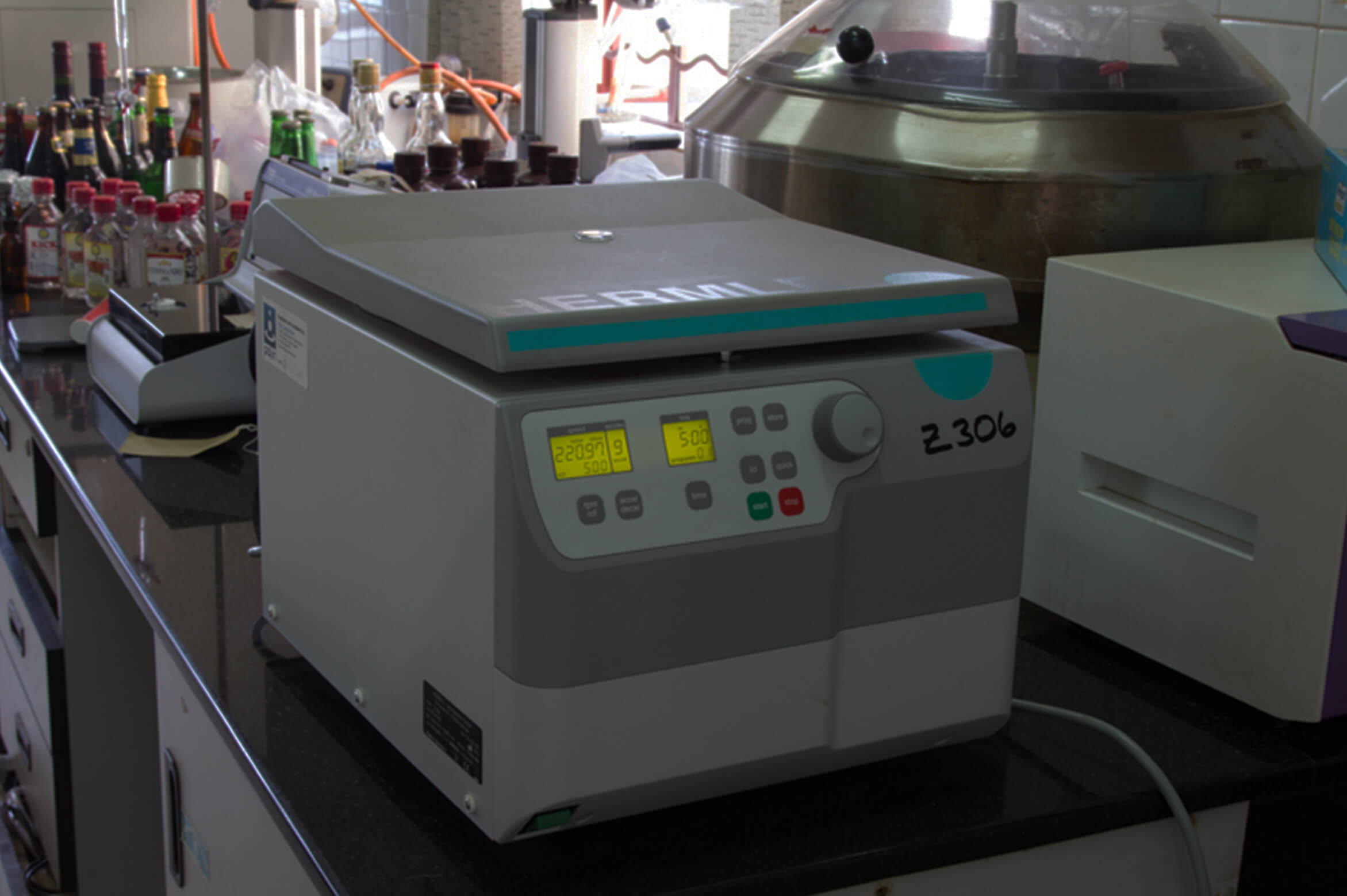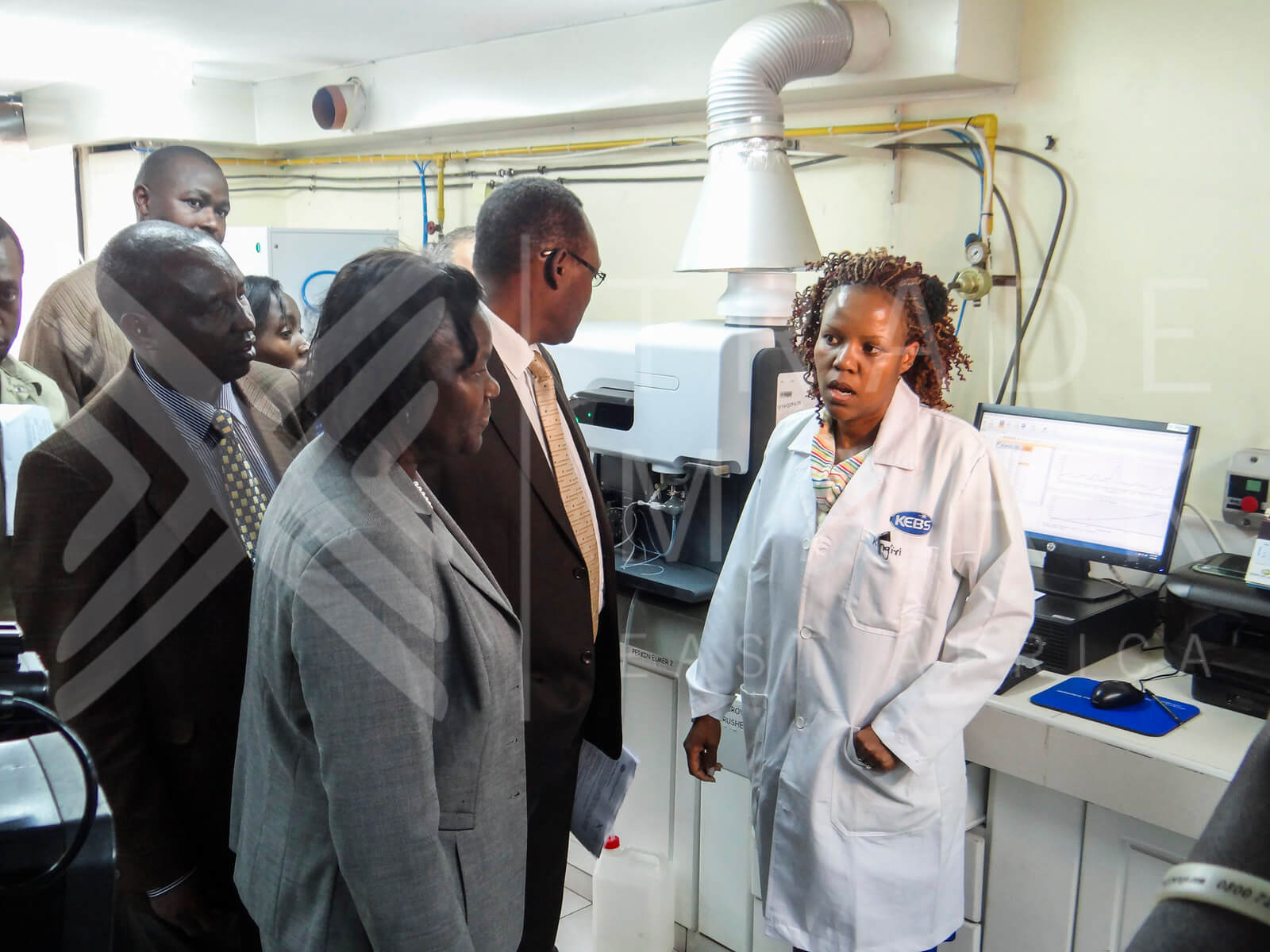Context: The East African community (EAC) comprises of five countries namely: Burundi, Kenya, Rwanda, Tanzania, and Uganda with a total population of about 143.5 million people with a GDP of US$110.3 billion as of 2014. The EAC Common Market Protocol provides for “accelerated economic growth and development EAC Partner States through the attainment of free movement of goods”. The EAC Customs Union Protocol Article 13 provides a legal structure for the development of an EAC mechanism to identify, monitor and remove NTBs in the EAC. This was done by enactment of an East African Standard Quality Assurance Metrology and Testing Act (EAC SQMT Act). One of the aims of the EAC SQMT Act is to ensure that SQMT of products produced or traded within the EAC facilitates development and trade. Section 3e provides for the “harmonization of the national and East African standards with international standards to reduce cost, enhance compliance and develop trade opportunities” and Section 24(2) of the Act, provides for EAC Partner States to have quality marks and recognize them as equal to their own which facilities free movement of certified products in the EAC. Issues: Unharmonized standards and other trade documentation and duplicative inspections and testing hamper trade, causing overall delays and increases the cost of doing business. In the EAC Secretariat’s March 2012 quarterly review on the status of NTBs in the EAC, both documentation and inspections were targeted for harmonization. José Maciel the Director of NTBs and Standards at TMA noted that standards were...
Contribution of Standards Harmonisation and Certification towards reduction in the conformity assesment clearance time and testing cost-The Case of the EAC
Posted on: May 20, 2019
Posted on: May 20, 2019


















